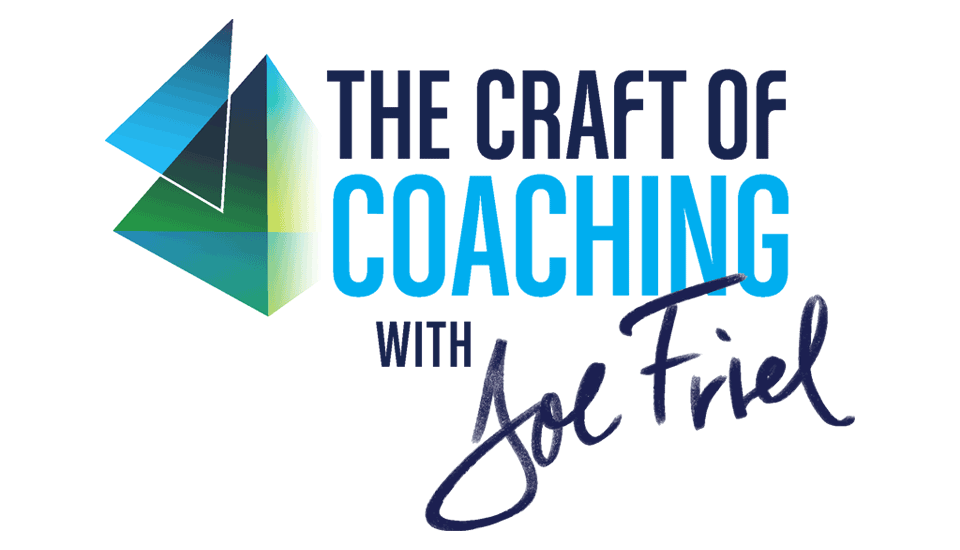Develop Your Planning Skills
Joe Friel explores the development of annual training plans, short-term plans, and matters beyond sport-specific workouts.
Joe Friel explores the development of annual training plans, short-term plans, and matters beyond sport-specific workouts.
